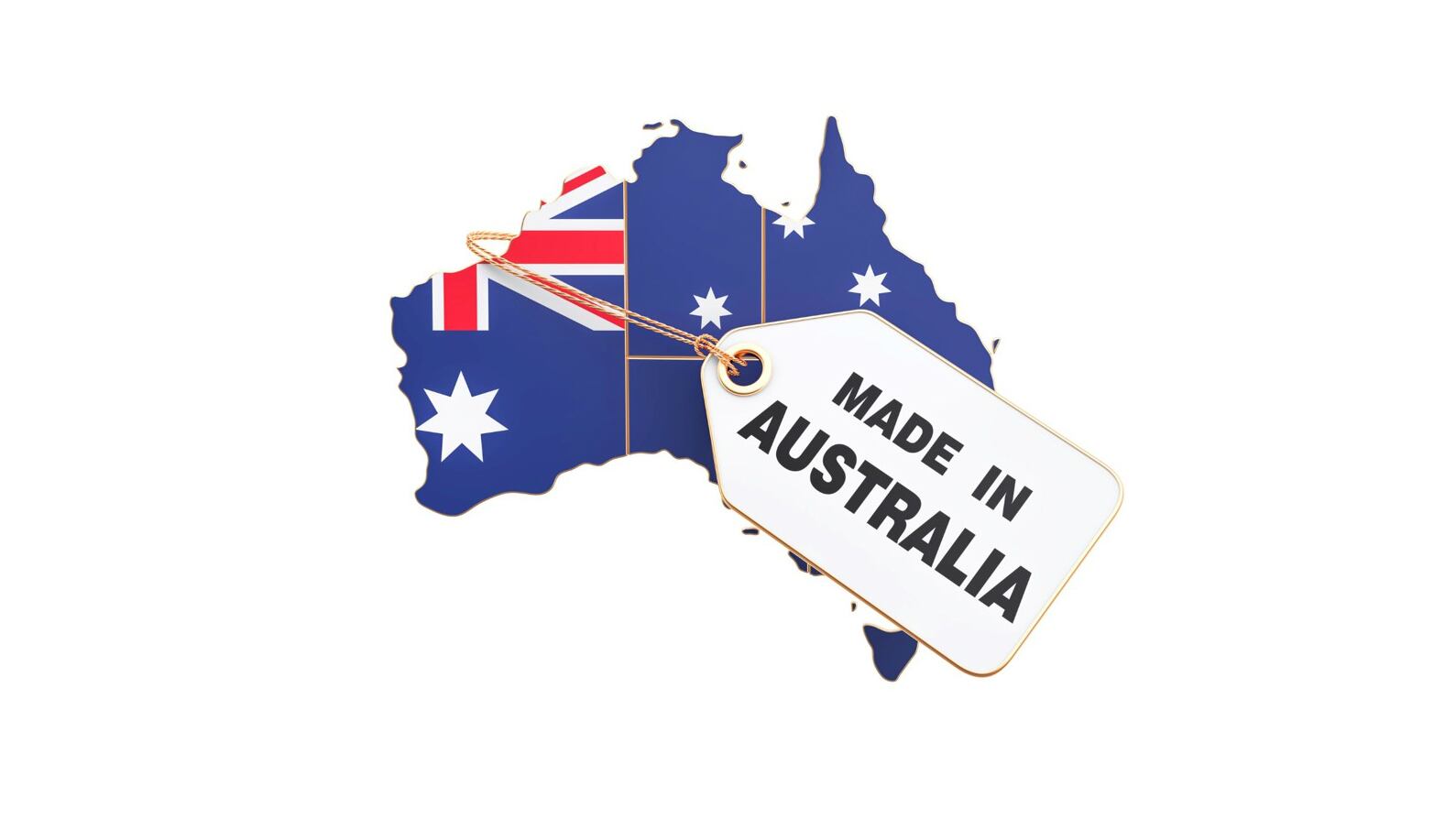Australian fears arise over country-of-origin labelling laws after Federal Court ruling against Nature's Care
Australian supplement and health good manufacturers have expressed concerns over potential sales losses, following changes to Aussie country-of-origin labelling laws.
This comes after a high-profile court case between Australian supplement brand Nature's Care and Australian Made Campaign Limited (AMCL), which resulted in the Federal Court ruling that the company's imported fish oil and vitamin D capsules were not permitted to be labelled 'made in Australia', despite the encapsulation process taking place in Australia.
This ruling was issued under the Australian Consumer Law's (ACL) Country of Origin labelling provisions.
Further foray: Nestlé plans more A2 milk moves after launching world's first maternal milk powder
Nestlé is furthering its foray into the A2 milk sector, having most recently launched the world's first A2 milk powder for mothers in China.
The product was launched through multi-channel sales in conjunction with e-commerce platform JD.com and renowned mother-and-baby chain Leyou, and is touted as beneficial to pregnant women's intestinal health and immune system.
Made with milk taken from purebred A2 cows identified via DNA screening, the product is imported from Switzerland, and contains folic acid, DHA and iron (among other nutrients).
India infant formula row: Nestlé defends 'science-sharing' stance amid NGO criticism
The Breastfeeding Promotion Network of India (BPNI) has called for government action to restrict what it claims are attempts by infant nutrition companies to influence paediatricians to promote formula to mothers.
The BPNI, an NGO founded in 1991, appealed to the health ministry to ensure "effective implementation" of India's Infant Milk Substitutes, Feeding Bottles and Infant Foods (Regulation of Production, Supply, and Distribution) Act 1992, which prohibits the public promotion of manufactured foods for children below two years of age.
It also prohibits infant food manufacturers from offering any contribution or pecuniary benefit to individual healthcare professionals or health worker associations. This includes funding seminars, conferences, and educational courses.
Omega-3 and gynaecological cancers: South Korean researchers make case for large prospective studies
More large prospective studies are needed to determine if the dietary intake of omega-3 fatty acids have any impact on endocrine-related gynaecological cancer, say researchers in South Korea.
The results from observational epidemiological studies have been inconsistent with regards to the link between dietary omega-3 intake and endocrine-related gynaecological cancer, such as endometrial and ovarian cancers.
Researchers at South Korea's National Cancer Centre therefore conducted a meta-analysis of observational studies to investigate this association. Using PubMed, EMBASE, and Cochrane library, they selected 10 studies — six case control and four cohort — for inclusion in the final analysis.
Mandatory rice fortification for public programmes in India by December 2019
The use of fortified rice will be mandatory in all midday meal schemes, and public nutrition programmes under the Integrated Child Development Services (ICDS) in India by December 2019.
In the Indian government's latest effort to combat malnutrition in the country, the Ministry of Women and Child Development pushed for the use of fortified rice across the board in these nutrition-based schemes, having already made the use of fortified wheat, salt, milk and oil mandatory.
Government sources have revealed that by December 2019, midday meals at schools, as well as food served at ICDS centres, will be prepared using fortified wheat flour and edible oil. Currently, the use of double-fortified iodised salt under these programmes is already mandatory.




